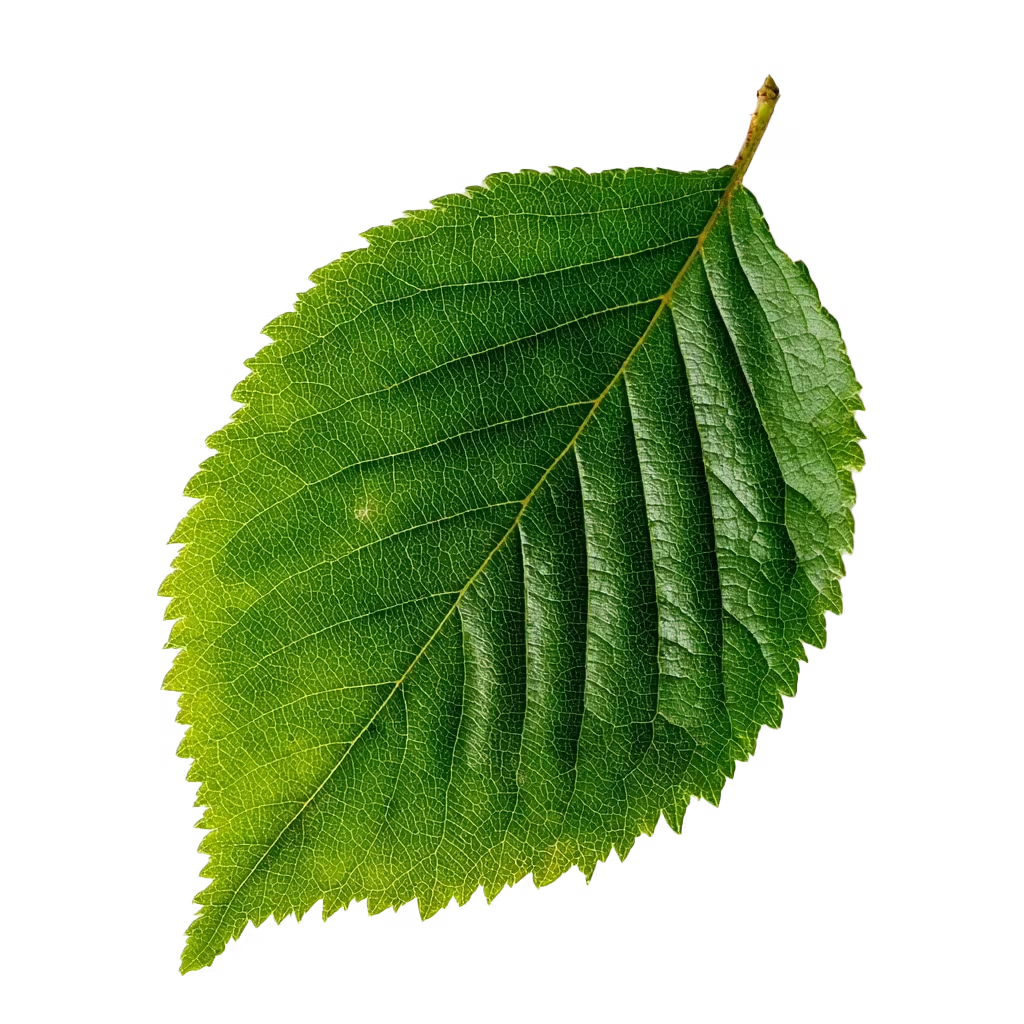spicy
Moroccan Spices
Moroccan cuisine is rich and vibrant, known for its intriguing combinations of spices that resonate with both warmth and complexity. Essential to many traditional dishes, from tagines to couscous, Moroccan spices typically include a mixture of both savory and sweet elements.
Key spices are:
1. **Cumin** - Earthy and slightly bitter, cumin adds depth and is often used as a base flavor.
2. **Coriander** - With a citrusy, nutty essence, coriander complements the robustness of cumin.
3. **Cinnamon** - Sweet and woody, it introduces a comforting note, especially in sweeter dishes and stews.
4. **Turmeric** - Provides a vibrant yellow color and a gingery, bitter flavor that brightens dishes.
5. **Ginger** - A zesty spice that adds a biting spice note and freshness to balance richer flavors.
6. **Paprika** - Ranges from sweet to smoky, adding a gentle heat and a red hue.
7. **Saffron** - Among the most luxurious, it imparts a unique floral and earthy aroma and a distinctive golden color.
8. **Cardamom** - Aromatic and resinous, it lends a complex, slightly lemony and minty essence.
9. **Nutmeg and Cloves** - Both are used sparingly to add warmth and a hint of sweetness.
These spices can be combined in varying proportions to create custom blends such as Ras el Hanout, a quintessential Moroccan spice mix meaning "head of the shop," suggesting it’s made of the best spices available.
The overall scent profile of Moroccan spices is profoundly aromatic, warm, and inviting, with an enchanting blend of earthiness, sweetness, and spice. It evokes the bustling markets and rich culinary traditions of Morocco, making any dish a fragrant feast for the senses.
Like this smell?
Discover your fragrance match by taking our quiz and exploring scents tailored to your taste.
